|
Images of scorched kangaroos and smoky koalas were ubiquitous during the devastating Black Summer bushfires of 2019-20.
As millions of hectares of habitat went up in flames, an estimated 3 billion animals were caught in the fire zone. Countless dedicated volunteers rushed to their aid.
Amid the chaos and destruction, it was impossible to know how many were rescued, nurtured back to health and returned to the wild.
Catherine Herbert and colleagues analysed marsupial rescue, rehabilitation and release statistics from two of the worst-affected regions: New South Wales and Kangaroo Island.
Despite an estimated 46.8 million marsupials in the NSW fire zone, only 889 marsupial rescues were reported. Just 618 marsupial rescues were reported on Kangaroo Island. And unfortunately, despite the best efforts of volunteers, many of them died anyway.
But as our authors write, we can use this information to improve our response to future disasters: “Knowledge of the likely chance of recovery from different injuries can be used to refine treatment for each species. This will allow volunteers and veterinarians to prioritise rehabilitation efforts and minimise animal suffering.”
And speaking of the Black Summer fires, it’s hard to forget the long, terrible drought which contributed to that tragedy, by creating a tinder-dry landscape ready to erupt in flames. Well, new research shows this continent has seen even worse droughts over the past 1,000 years – some lasting up to 20 years. Add in the effects of climate change, and the results suggest future droughts in Australia will be far worse than we imagined.
|

|
Clare Peddie
Deputy Environment + Energy Editor
|
|
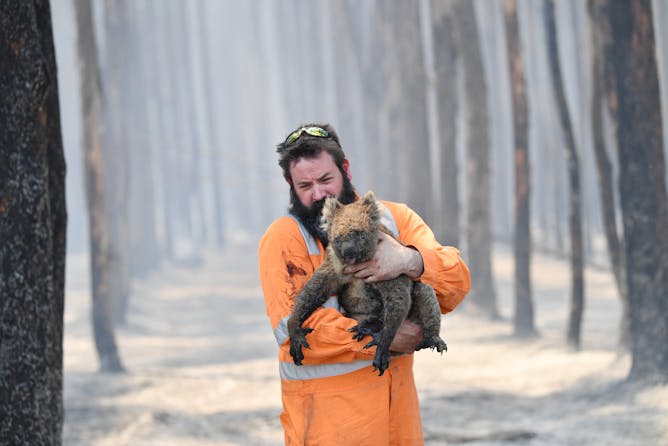
Catherine Herbert, University of Sydney; Chris Dickman, University of Sydney; Holly Cope, University of Sydney; Rachael Gray, University of Sydney
Marsupial rescue, rehabilitation and release statistics from New South Wales and Kangaroo Island during Black Summer fires reveal poor survival rates, despite the courageous efforts of volunteers.
|
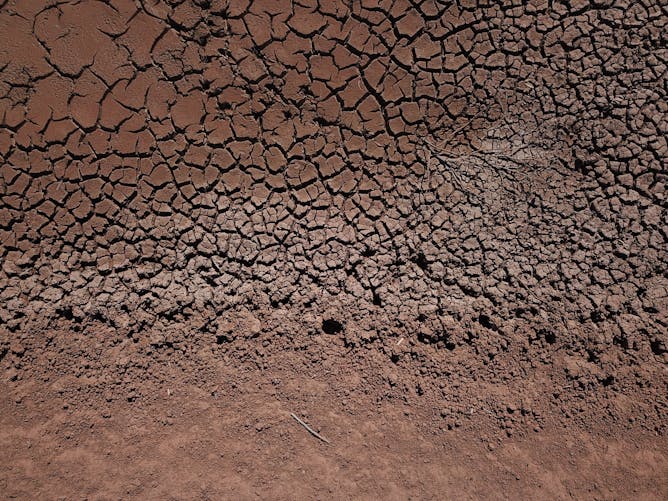
Georgina Falster, Australian National University; Nerilie Abram, Australian National University; Nicky Wright, University of Sydney
Natural variability in Australian rainfall can produce “mega-droughts” lasting 20 years or more. Add in human-caused climate change, and future droughts may be far worse than imagined.
|

Allen Cheng, Monash University
It may be safest to get your flu shot sooner rather than later.
|

Michelle Grattan, University of Canberra
Peter Dutton claims the government can’t credibly meet its 2050 net zero emissions target and pushes Nuclear as the solution.
|
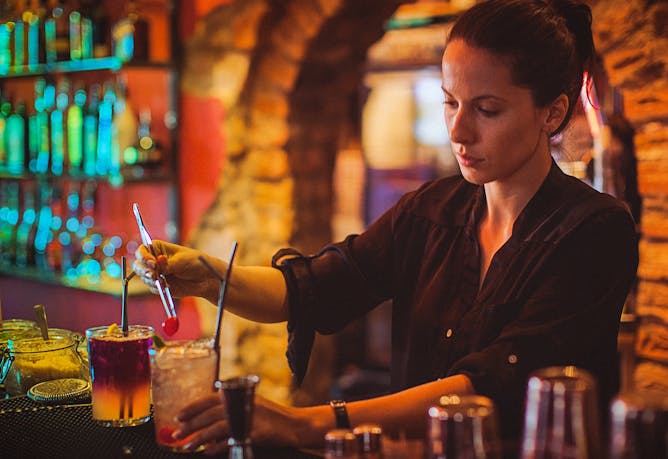
Mark Wooden, The University of Melbourne
Rising costs and the change in the nature of work has led to more people holding more than one job.
|

Nial Wheate, University of Sydney; Shoohb Alassadi, University of Sydney
The AFL has had several cocaine-centred controversies recently, but why is the drug considered performance enhancing?
|
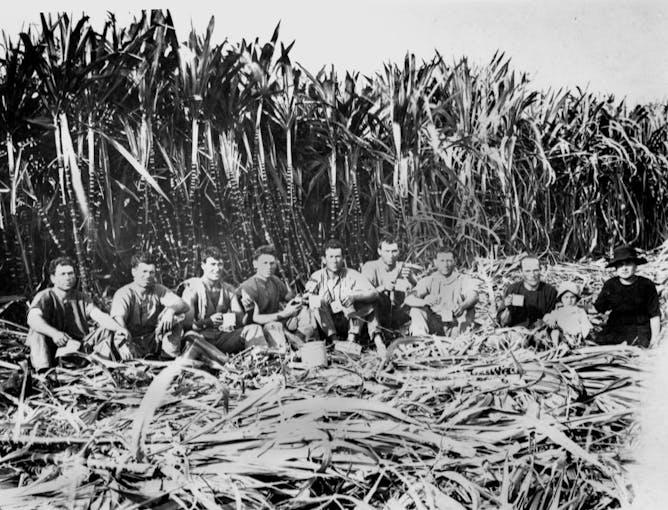
Garritt C. Van Dyk, University of Newcastle
Today, the flat white is enjoyed by people the world over. But there’s good reason to think there’s a very local history behind this special brew.
|

Ha Nguyen, Victoria University; Peter Hurley, Victoria University; Sam Hoang, Victoria University
Research finds international students value the opportunity to come and live in Australia over the academic prestige of our universities.
|

Peter Martin, Crawford School of Public Policy, Australian National University
Far from being “rampant” inflation was tame in the first two months of this year. We know this because of big changes in the way the bureau prepares its data.
|
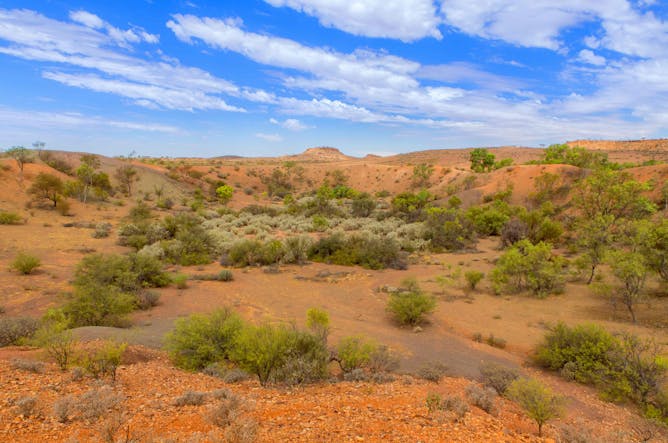
Aaron J. Cavosie, Curtin University
A zap with a laser in the lab confirmed the extraterrestrial origins of enigmatic lumps of glass found in the Northern Territory.
|
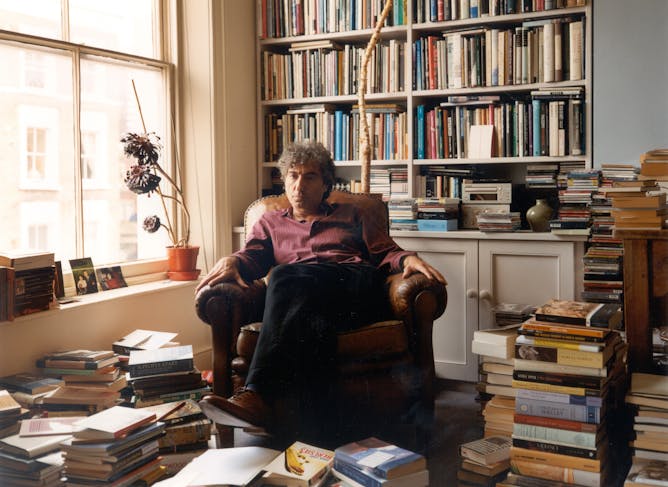
Nick Haslam, The University of Melbourne
Writer and psychotherapist Adam Phillips is often hailed as one of the world’s great essayists. His new book – exploring the topic of giving up, among other things – is both erudite and slippery.
|
Politics + Society
|
-
Kathryn Daley, RMIT University
Tracking young people who are accused of serious crimes will not actually reduce youth crime - in fact, it may well entrench it.
|
|
Health + Medicine
|
-
Juliana S. Oliveira, University of Sydney; Anne Tiedemann, University of Sydney; Cathie Sherrington, University of Sydney; Leanne Hassett, University of Sydney
Setting realistic and measurable goals and giving yourself a little treat when you meet them can help power your fitness motivation through the darker months.
|
|
Business + Economy
|
-
Martien Lubberink, Te Herenga Waka — Victoria University of Wellington
The Commerce Commission says New Zealand’s banking sector is uncompetitive. But in the rush to fix the problem, regulators need to ensure they don’t introduce risk and instability into the system.
|
|
| |
|
|
|
James Cook Univeristy
Cairns QLD, Australia
•
Contract
|

|
|
The Conversation AU
Melbourne VIC, Australia
•
Full Time
|

|
|
University of Wollongong
Wollongong NSW, Australia
•
Full Time
|

|
|
|
|
| |
| |
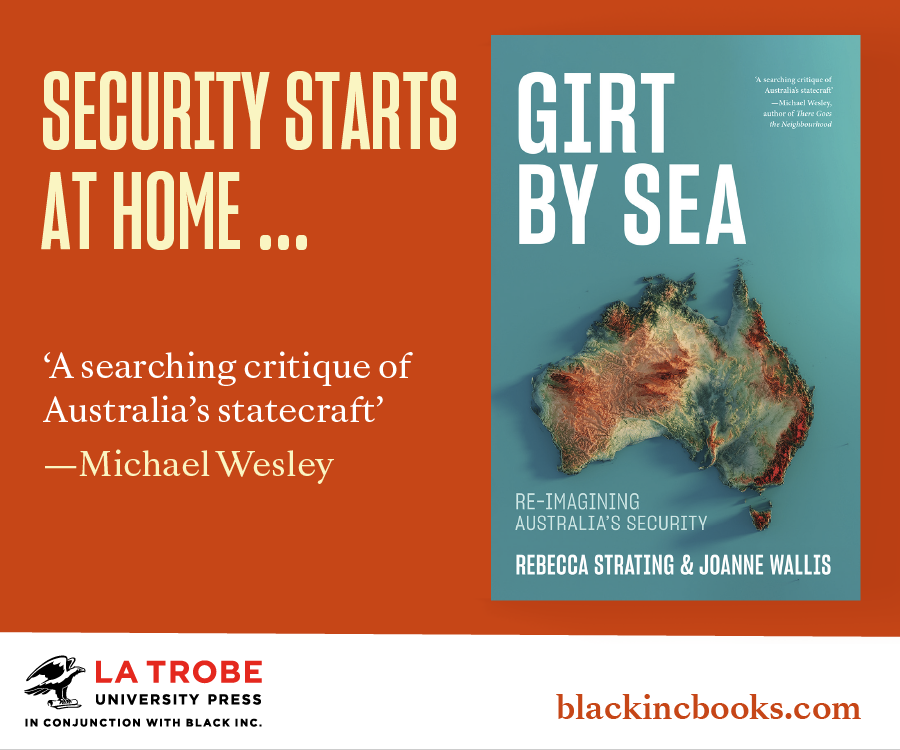
|
| |
| |
| |
Featured Events, Courses & Podcasts
|
View all
|
|
1 January 2023 - 7 October 2026
•
|

|
1 February 2023 - 25 November 2029
•
|

|
8 April - 14 May 2024
•
Blended
|

|
|
|

|
|
|
|
| |
| |
| |
| |
| |
|
|